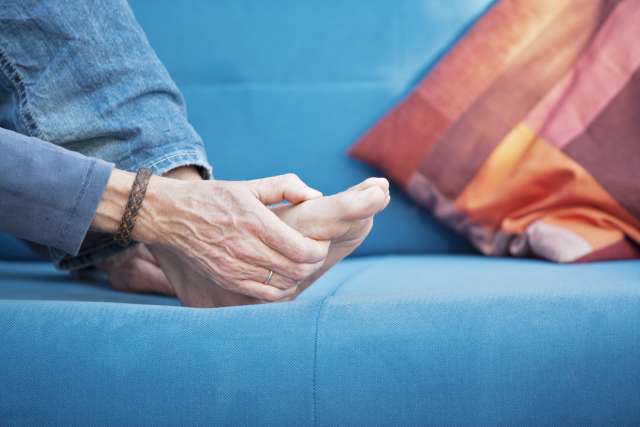Dear Doctors: It seems like news about the gut microbiome keeps getting weirder. I just read about a doctor who said the new trend will be each of us storing our own poop for the future. What would be the advantage of doing that? And why is the gut microbiome in the news so often?
Dear Reader: We agree with you about the nonstop surprises regarding the role of the gut microbiome in our physical and mental health.
With such a cascade of new information, it seems like we’ve been talking about this topic forever. And in some ways, we have. The first known descriptions of the microorganisms in our gut date back to the 1670s. But it wasn’t until the modern era of genetic sequencing, with the Human Genome Project as its crown jewel, that scientists had the tools to uncover the gut microbiome’s secrets.
We are now in the process of learning how these trillions of bacteria, fungi and viruses affect virtually every aspect of our health and well-being. They are found throughout the body -- even our belly buttons have their own microbiome. But the majority of microbes inhabit the large and small intestines, and they are proving to be an integral part of immune function. This has opened new avenues of research and led to the flood of new information.

Stool banking may sound odd, but it’s akin to the practice of cord blood banking. That’s when parents preserve blood from the umbilical cord and placenta, which contains a certain type of stem cell. It can be used to help treat a child’s possible future medical needs, such as metabolic diseases, blood disorders, immune deficiencies and some cancers.
In their opinion piece, the Harvard scientists cite the connection between changes to the gut microbiome and a corresponding increase in certain health problems. These include allergies, digestive disorders, Type 2 diabetes and obesity. They proposed that stool samples preserved when someone is young and healthy may be used to combat those health problems. At this time, it’s not clear how, or even if, stool banking would work. But with this bold idea now in the mainstream, it’s likely to lead to more research -- and even more news.
The experts and specialists of UCLA Health Digestive Diseases offer consultations and care for all types of gastroenterological concerns. Learn more and schedule an appointment.
(Send your questions to [email protected], or write: Ask the Doctors, c/o UCLA Health Sciences Media Relations, 10960 Wilshire Blvd., Suite 1955, Los Angeles, CA, 90024. Owing to the volume of mail, personal replies cannot be provided.)



